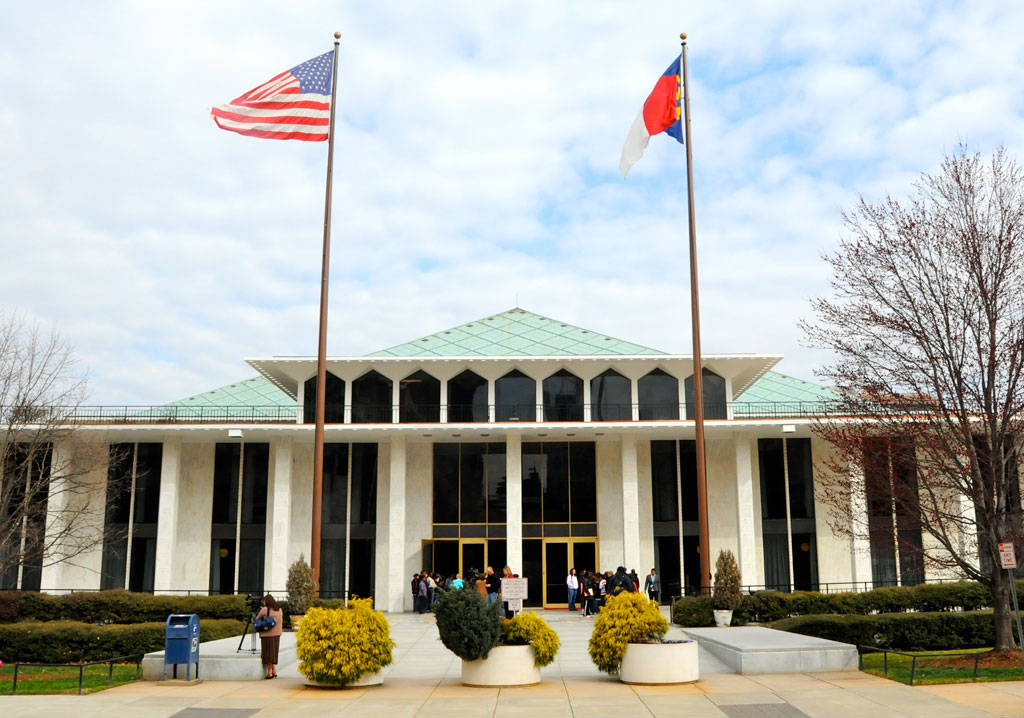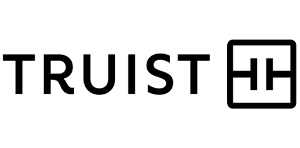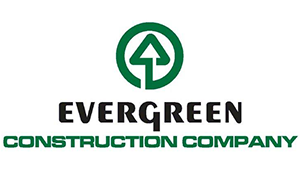
Federal Update
2017 State of the Nation’s Housing
Harvard Joint Center For Housing Studies has released the 2017 State of the Nation’s Housing report. Among the findings in the report are that last year’s growth in homeowners was the largest increase since 2006, and early indications are that homebuying activity continued to gain traction in 2017. The report finds that, on average, only 45% of renters could afford the monthly payments of on a median-priced home in their market area. For key findings, see the fact sheet.
23 Republican Members of Congress Call for Secretary Carson to end Housing First Policy
Congressman Darrell Issa (R-CA) led a group of lawmakers in a letter to Secretary Ben Carson, expressing concern over HUD’s Housing First policy. Two North Carolinians joined in signing the letter: Chairman of the Republican Study Committee Mark Walker and Chairman of the House Freedom Caucus Mark Meadows.
HAC Releases USDA Rural Development Obligations through May 2017
The Housing Assistance Council has released a report detailing USDA Rural Development’s obligations by state. Below are the numbers or North Carolina:
| USDA Program | Amount | Number |
| 502 Direct | $31,322,872 | 200 |
| 502 Guaranteed | $603,856,464 | 4,092 |
| 504 Rehab Loan Obligations | $1,107,864 | 177 |
| 504 Rehab Grant Obligations | $1,207,671 | 190 |
| Self-Help Technical Assistance | $214,000 | 1 |
| 521 Rental Assistance | $53,016,648 | 11,295 |
| 538 Guaranteed Rental Housing Loans | $6,219,653 | 4 |
| Tenant Voucher Obligations | $273,168 | 85 |
State Update
NC Legislative Session Comes to an End
Early this morning the legislative session adjourned, but has plans to be back in August and September for two special sessions. To read an analysis of the 2017 long legislative session’s impact on affordable housing, read the June 30th Housing Matters.
Hurricane Matthew Package
During an Appropriations Committee meeting this week, clarity was given to the $100 million of supplemental disaster recovery funds allocated in the budget. The Disaster Recovery Act of 2017 includes $25 million dedicated to housing recovery. $20 million will go to the Department of Public Safety, Division of Emergency Management and $5 million is allocated to the Lumber River Council of Government to develop multifamily housing in Fair Bluff. For more information, click here.
2016 NC Municipal Growth
The U.S. Census Bureau recently made its 2016 population estimates available, and the topline trends for North Carolina has maintained a nearly identical trajectory as 2015. Since the last decennial Census in 2010, North Carolina has seen its urban metropolitan areas grow consistently larger, while small, often rural municipalities have struggled to maintain population. For more information, click here.

Local Update
Charlotte Council Passes Budget
On June 12th, Charlotte City Council unanimously passed an $581.4 million dollar budget for the upcoming fiscal year. Included in the budget was an additional $2 million for affordable housing this year. Council members said they wanted to build 5,000 new affordable housing units over three years instead of five years.
Asheville Council Passes Budget
On June 13th, Asheville City Council passed an $175 million operating budget representing nearly a 9 percent increase from last fiscal year.The budget includes more than $6 million in capital funds, most of it going to fund voter-approved bond construction for transportation, affordable housing and parks. In addition, the City released their comprehensive plan draft including everything from affordable housing to planting trees on city streets.
Durham Council Passes Budget
On June 19th, Durham City Council approved their $429 million dollar budget. The budget includes a property tax rate increase of 1.79 cents in order to dedicate a second penny of the tax rate to affordable housing and hire thirty new firefighters, among other investments.The property tax rate will increase to 57.86 cents per $100 of property value. The average homeowner will pay about $32 in property taxes than last year as a result of the increase. A penny of the tax rate generates about $2.8 million in annual revenue. The city has a five-year goal of preserving or creating 1,150 affordable units.
City of Wilmington Affordable Housing Priorities
Ways to improve affordable housing in Wilmington was the focus of a presentation to the Wilmington City Council at their June 19th meeting. In the upcoming budget the city has set aside $400,000 toward affordable housing. Mayor Bill Saffo stressed that the city and county need to work hand-in-hand to tackle the issue. “We have a partner in this with the county,” Saffo said. “They have more availability as far as vacant land than we do. They’re going to have to play a big role. It’s not going to be one-sided. At least, I hope not.”
Cary approves Habitat for Humanity project
After months of negotiations, Cary Town Council approved a plan that has riled both neighbors and advocates of affordable housing. The plan allows Habitat for Humanity of Wake County to build seven single-family homes in a Cary neighborhood. Kevin Campbell, CEO of Habitat for Humanity of Wake County, said that although a greater density would have allowed the organization to create more homes, Habitat is pleased to add to Cary’s affordable housing supply.“We’re both a builder and an advocate for affordable housing, so we want to keep advocating and set a precedent for higher density,” Campbell said. “But building seven units would be a big deal, considering we’ve only built three units in Cary since 2010.”
Buncombe County commissioners pledge $4.2M for Lee Walker Heights project
One of Asheville’s oldest housing projects is getting a major overhaul thanks in part to a pledge of millions from county commission for apartments that will include workforce housing. In a unanimous vote, Buncombe County commissioners approved $4.2 million to help demolish Lee Walker Heights’ current complex. In its place, the plan is to open more than 200 mixed-use apartments in 2019.”Ninety-six of them will be for subsidized housing, but there will be additional units for affordable, for people earning the $13 an hour living wage in Asheville,” David Nash, of Asheville Housing Authority, said.
Raleigh city leaders approve new goal for increasing affordable housing
Raleigh city council members voted on June 20th to approve a new goal of adding more affordable housing to the city.The new goal adds 5,700 affordable housing units to the city over the next 10 years or about 570 a year.That includes both rentals and homeownership units, but the emphasis is on rentals, which are needed most. About 470 of the rentals added each year would be new. The city will pay for the housing with entitlement money and the new “penny for housing” tax. The original goal city council members heard in February was for 6,700 units over 10 years, but the numbers were reduced due to challenges in the current market








